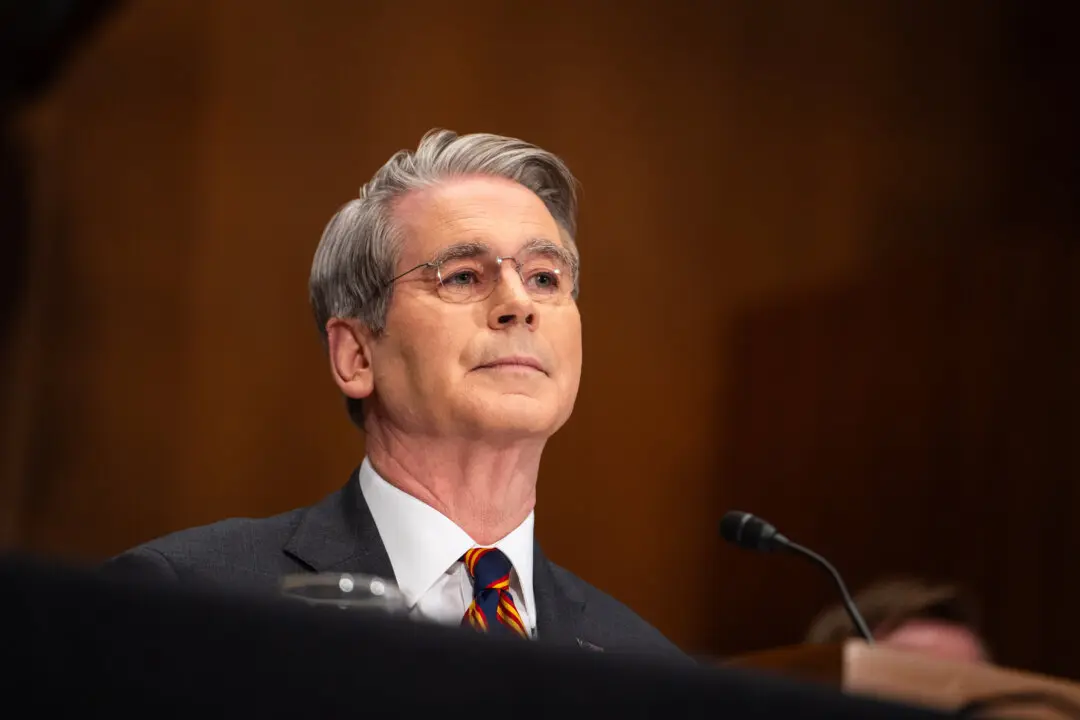BERLIN (AP) — Tensions between the major powers have pushed the world closer to a new Cold War, former Soviet leader Mikhail S. Gorbachev said Saturday.
The 83-year-old accused the West, particularly the United States, of giving in to “triumphalism” after the collapse of the Soviet Union and the dissolution of the communist bloc a quarter century ago. The result, he said, could partly be seen in the inability of global powers to prevent or resolve conflicts in Yugoslavia, the Middle East and most recently Ukraine.
“The world is on the brink of a new Cold War. Some are even saying that it’s already begun,” Gorbachev said at an event marking the 25th anniversary of the fall of the Berlin Wall, close to the city’s iconic Brandenburg Gate.
Gorbachev called for trust to be restored through dialogue with Moscow, and suggested the West should lift sanctions imposed against senior Russian officials over the country’s support for separatist rebels in eastern Ukraine. Failure to achieve security in Europe would make the continent irrelevant in world affairs, he said.
Gorbachev’s comments echoed those of Roland Dumas, France’s foreign minister at the time the Berlin Wall fell.
“Without freedom between nations, without respect of one nation to another, and without strong and brave disarmament policy, everything could start over again tomorrow,” Dumas said. “Even everything we used to know, and what we called the Cold War.”
President Barack Obama appeared to share some of Gorbachev’s concerns for Europe, though he blamed Moscow for the current tensions.
Paying tribute to the East Berliners who pushed past border guards to flood through the Wall on Nov. 9, 1989, Obama said in a statement Friday that “as Russia’s actions against Ukraine remind us, we have more work to do to fully realize our shared vision of a Europe that is whole, free and at peace.”






